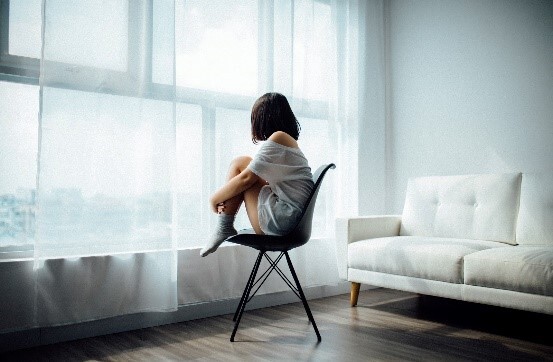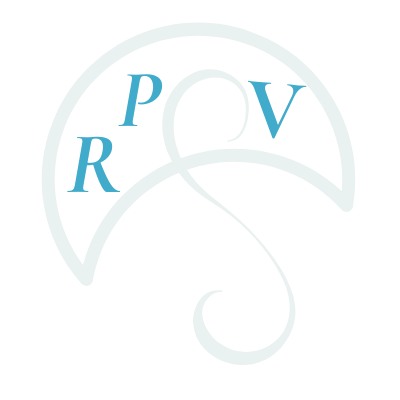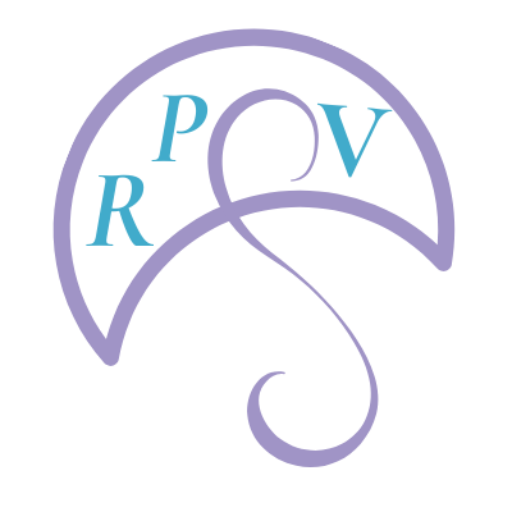Two Professions, One Battle - Depression
- October 27, 2020
- Information @ RPSV
- No Comments

Hello everyone. I hope you are dealing with the pandemic just fine. It has been almost six months, and we all have been in our houses either doing work from home or enhancing our personal skills. I have started cooking, a task which I have always disliked. Anyway, I hope and pray that everyone out there is safe and dealing with their anxiety well. I know some people are panicking deep down because of having to stay inside for so long. My wish is that everyone will seek help if needed. It is never too late.
I would like to share a lesson I learned during my recovery journey through depression.
It has been more than a year since I began battling clinical depression, and I must say my journey has been a roller coaster ride with extreme lows and moderate highs. During this journey, I have started writing blogs on Medium, started advocating for mental health on Twitter, and helping people the best I can. All of this seems so great to hear, right? But there is a dark side to it! As we have all heard, coins have two sides. In my experience, depression and its recovery also have two sides — one dealing with the psychiatrist and the other dealing with the psychologist. I will now give you a real perspective of both, and you will be shocked when I unfold both of my journeys with you.
Three hundred sixty-five days and nine months ago, I was under psychiatric treatment. My therapist was a nice, well educated, learned man with a fair amount of experience. Initially, my sessions with him went just fine as he was the first doctor who recognized the fact that I have a major depressive disorder and treated me accordingly for months. There were months when the medicine did not work but I relied on him and his expertise. My health started deteriorating, both internally and externally. He being a male figure could not understand much about my female body and what I was going through, but he did guide me to consult with medical doctors. And that is what I did because that was the only option left at that point in time.
Eventually my family and I started noticing changes in me. I was no longer the person they knew and loved. I was unusually aggressive, started self-harming, and began staying in my cocoon even longer than I usually used to.
After five online telehealth sessions with my psychiatrist, I finally went to see him face-to-face. He was not able to identify which medicine was interfering with my road to recovery. So, my family and I decided to reduce the medication he prescribed to me. Initially, my doctor was not happy with that decision. Still, gradually he gave the thumbs up for us to do so. He lowered my medications but warned about specific potential side effects of the drugs. Despite this I was ready to take that chance, the reason being those medicines were numbing me deep down, I could feel it. They were making my mind foggy. They were creating unnecessary chaos in my mind, which I had previously taken control of. And with that I learned a life lesson about advocating for my own self-care. And from there, my second journey started.
I then consulted with a psychologist, a female one. And from here, things changed. From the very first session, I started to feel a bit lighter as if there were tons of stuff on me, and I finally threw it away. Day by day I began to think that I was worthy, worthy of being alive. That fogginess around me began to clear, I could see, I could figure things out, I could think. I mean, it was such a very different feeling that cannot be defined unless experienced. The course of medicines is still going on, but they have reduced, instead of taking ten to twelve medications per day I now only take five. This is some achievement, at least I think so! 😀
I describe having sessions with a psychologist as like purging everything out of yourself and getting the guidance you need to hear. It is a two-way relationship. The more you share, the more he/she can understand you and your situation and help accordingly. I have just had three sessions and I already feel better!
I still get panic attacks and I am not fully well, but I am better! I recently had a severe panic attack, I continue to struggle with my sleep cycle sometimes, and I still have anxiety. Recovery is a vast process that has no timeline. I currently describe myself as a tortoise, so I am moving at my own pace.
I encourage you to seek help if you need it. When in doubt, ask other people who have been through recovery and learn from them. It helps!
My three primary purposes of advocating for mental health is to
–encourage awareness regarding the illnesses
–advocate for less dependence on medication because in the end they are drugs and the addiction and side effects are bad
–help prevent others from going through the black hole that I went through because it is hard to escape from.
So, folks, I guess this is it. I wrote this article to share what I experienced between the two professions and to explain their differences because a lot of people have difficulty distinguishing between the two. I encourage you to seek help without hesitation. And, seek out a second opinion if you like. It will give you more clarity about your case/illness.
Take care, hugs from afar. See you next time. ❤
— Parika B., Guest Blogger
Parika is a new friend to RPSV who resides in India. She shares her struggles with mental illness and depression on Twitter, which is where she and RPSV became great friends. She continues to inspire us and her followers with her honest, authentic, daily struggles with depression. This article is from one of her recent blogs. We love you, Parika!
We at RPSV also encourage you to seek help if you need it. RPSV offers five drop-in Recovery Centers across Northern Virginia, 15 virtual telehealth weekly support groups, and Warm Line phone support. Like Parika’s article demonstrations with her focus on supporting peers who are experiencing what she has gone through, we rely on peer support to help individuals during their journey to recovery. We are all in this together! RPSV’s programs are free. Learn more at rpsva.org or call (800) 374-4198 today!

